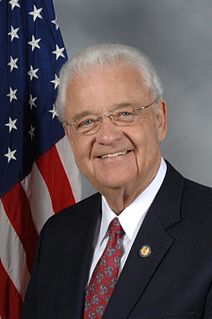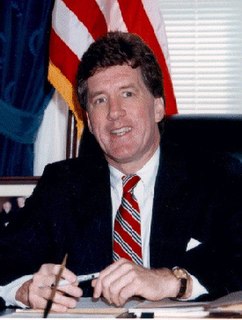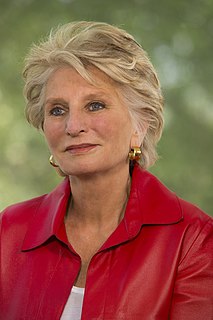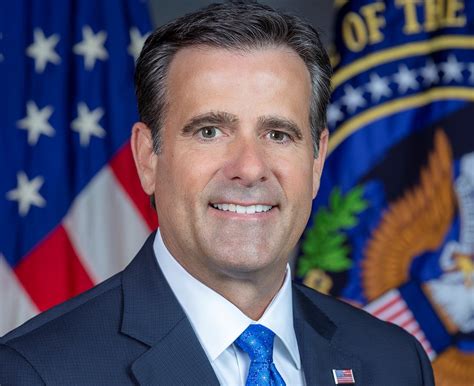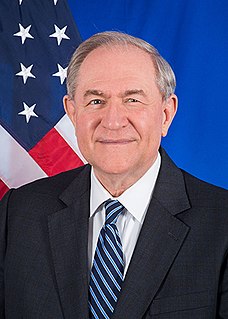A Quote by Leonard Boswell
The 9/11 Commission strongly recommends that the National Intelligence Director be fully in control of the budget, from developing it to implementing it, to ensuring that the National Intelligence Director has the clout to make decisions.
Related Quotes
I would have never thought that I would hear myself saying that the president of the United States is afraid of the CIA. But he is. He's afraid of the NSA as well. How else to explain that the National Intelligence director, who lied under oath to his senate overseers on the 12th of March 2013, is still the director of National Intelligence?
I think whatever nation or whoever develops one artificial intelligence will probably make it so that artificial intelligence always stays ahead of any other developing artificial intelligence at any other point in time. It might even do things like send viruses to a second artificial intelligence, just so it can wipe it out, to protect its grounds. It's gonna be very similar to national politics.
I was an Army intelligence agent and a veteran during the Cold War, assigned to West Germany. I was the chairman of the National Commission on Homeland Security and Terrorism for the United States for five years. I was a person who has dealt extensively with these homeland security issues. I was a governor during the 9/11 attack.
